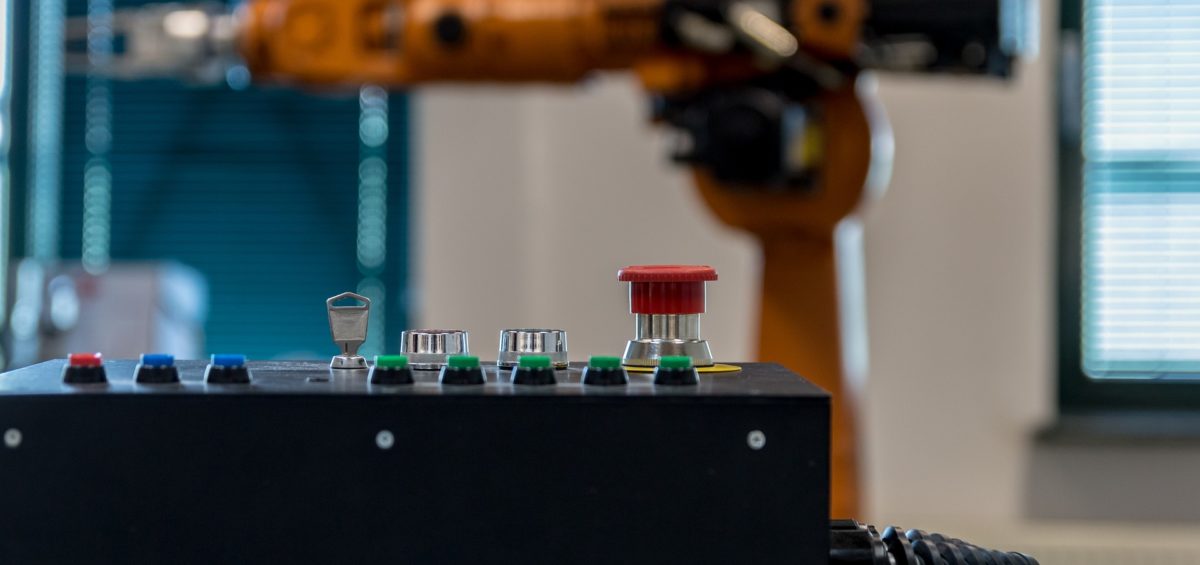The surge of disruption brought about by Artificial Intelligence has been a topic of ongoing debate for some time now. However, in an era of technological conquest, questions are often raised about how AI will affect our lives and our jobs as well as whether it will bring about more harm than good.
Some people think that AI can enhance our lives to an extent never before imaginable. Others offer up a doomsday scenario of robots ruling over a subservient human slave race in a post-apocalyptic wasteland straight out of a sci-fi blockbuster.
Of course, there are points to be made on either side of this great divide. In order to truly understand the speed at which AI is progressing and how this might have a bearing on your future career aspirations, here are a few factors to take note of.
Justifiable fear?
This increase in automation and the use of robots in work processes signifies a cultural shift of historic magnitude. It’s the kind of revolutionary transformation that often impacts society in epic ways but also causes a lot of concern.
A study from the McKinsey Global Institute suggested that by 2030, nearly 30 per cent of the world’s human labour will have been replaced by intelligent agents and robots. That definitely sounds like a good reason to be afraid, especially when it comes to career prospects.
Millions of jobs have already been disrupted by automation and it is set to continue to displace many more workers over time. However, is this necessarily a bad thing?
Guess what! Resistance to change is nothing new
People fear change. It’s a truism that goes far back. In 1811, the Luddites (a group of textile workers) protested against automation and eventually began attacking and burning loads of factories on the basis that unskilled machine operators were robbing them of their livelihood.
In the 1980s, people were deathly terrified of the rise in computer dependence and a term known as “computer phobia” came about. Concerns about job losses due to automation are not new really. Innovation appears to win and progress does not seem to stop for those who can’t accept and adapt to change.
Are people going to lose their jobs to automation and innovation? Most probably yes. Does this mean that we have to fight against technology at every step of the way? Not necessarily.
Roll with the punches
Despite how scary it may all seem, artificial intelligence will likely not lead to the complete annihilation of all forms of human employment and instead, it’ll probably just mean that the way we work will have to change. New jobs are being created just as quickly as old jobs are being lost. What we may be able to gather from history is that disruption caused by technological progress tends to only happen to jobs that were supposed to be disrupted in the first place (for the betterment of society).
The potential for productivity and increased performance brought about by AI and machine learning has caused a massive scramble for tech-enhanced capabilities and companies across the board can be found racing to fit AI into their work processes. This should put them in dire need of new hires that can efficiently operate, deploy, monitor and manage these services.
Tech-related job openings can be found in so many places and there’s a focus on the hiring of skilled people who can understand and implement AI-driven initiatives seamlessly and effectively.
AI architects are among the most in-demand AI professionals and their work can be found focused on the bigger picture of AI implementation as well as how AI can be used by an organisation in the most effective way. This is done through the measurement as well as maintenance of AI performance and sustainability in an organisation. Data scientists can also be found to be in demand and these experts help analyse data and gather meaningful insights from the information collected from business operations.
There’s even a demand for AI ethicists (professionals who tackle ethical and social issues brought about by the emergence of AI). These professionals can be found focusing largely on the biases that can come with AI integration and how to deal with situations where many human jobs are lost.
Ultimately, a solution may very well lie in the shift in mindset among human workers more so than the rise of AI itself. With the inevitable challenges that technology brings, there are many opportunities that career hopefuls can take advantage of as long as they think ahead and are optimistic. Find an approach that helps you provide value in your own unique way.










